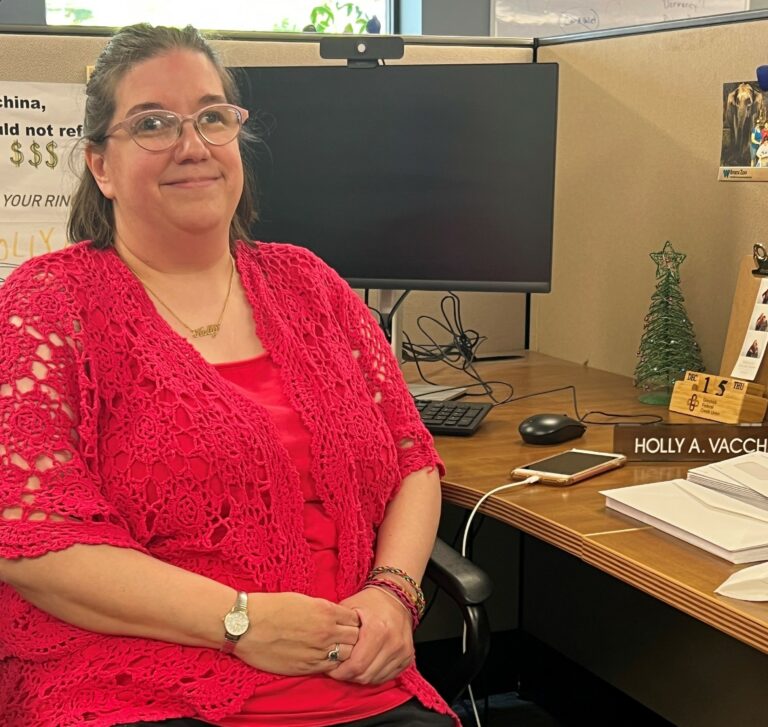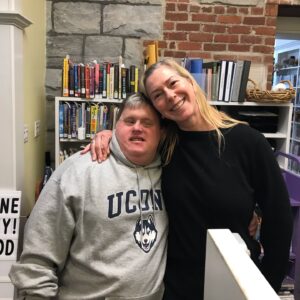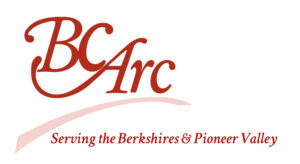



 For School Personnel/Parents of School-Age Students (Pre-ETS)
For School Personnel/Parents of School-Age Students (Pre-ETS)
School-to-Career Transitions
Philosophy and History
We strongly believe in providing effective services to assist students or young people smoothly transition into the world of work and adulthood.
We have operated community based vocational services for over 30 years and have worked with every school district and high school in Berkshire County. We have assisted hundreds of students with disabilities successfully transition from school to work.
Funding
- Local School Districts
- Department of Developmental Services (DDS)
- MassAbility (Formerly Massachusetts Rehabilitation Services)
- Grants
Services Provided
Our comprehensive, individualized community based services include
- Vocational Assessments – comprehensive, individualized assessments of a person’s skills, aptitudes, and interests used for vocational planning.
• Career Planning – a person centered approach identifying the ideal factors that will lead to an effective job/career match for an individual.
• Job Development – extensive work to identify and secure job placements in businesses.
• Real-Life Work Experiences – including paid internships, part time jobs, and job trials.
• On-The-Job Training – individualized training and instruction to ensure the individual meets the expectations of the job.
• Extended Supports – individualized follow-‐up services with the individual and employer to resolve any issues as they arise to ensure the individual maintains their employment.
 Pre-Employment Transitions Program (PRE-ETS)
Pre-Employment Transitions Program (PRE-ETS)
Goal – To assist high school students to prepare for the “world of work and adulthood” by providing career counseling, work readiness training, and work based learning experiences (internships).
Funding – MassAbility
Eligibility – Berkshire County high school student, ages 16 – 24 currently enrolled in high school, or post-secondary education established on a MassAbility Rehabilitation Counselor’s caseload.
Three Components:
1. Job Exploration Counseling – An individualized, person centered career planning process will be utilized to determine the student’s career direction.
2. Work Readiness Training – This component will involve individual or small group instructions including hard and soft skills training that should be up to 20 hours in length. Topics include:
Hard Skills Training – Resume writing, job search strategies, job application process, interviewing skills, cover letters/thank you letters.
Soft Skills Training – Employer expectations, effective communication, problem solving, and social interactions in the workplace.
3. Work Based Learning
Paid internships will be secured in areas related to the student’s career interests. The internship will be paid as a stipend for successfully completing the internship.
Contact Us
Pam Kight
Employment Services
pkight@bcarc.org
413-443-1038 ext. 21

